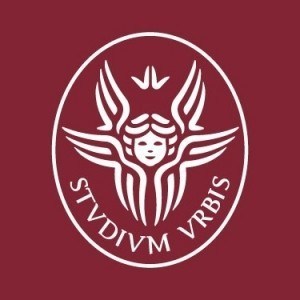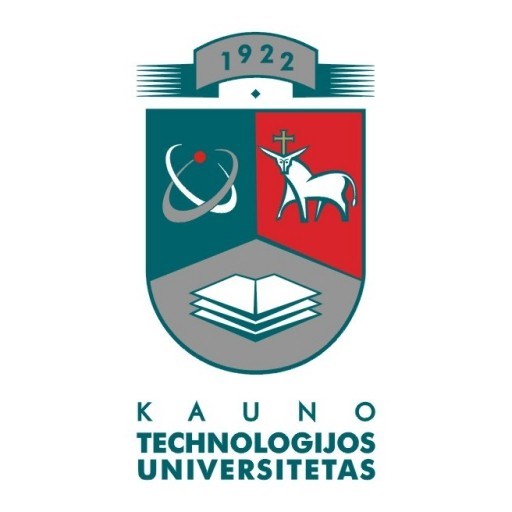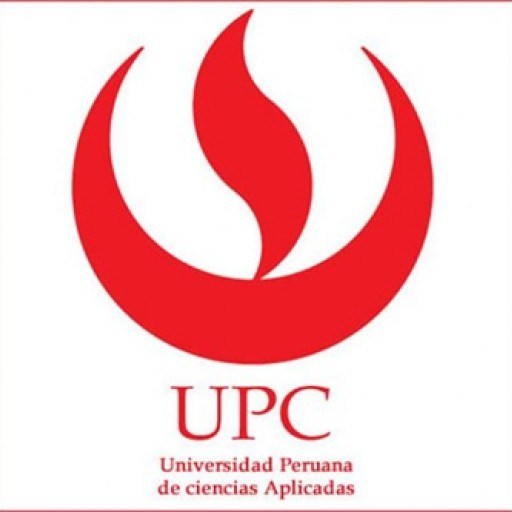Photos of university / #imperialcollege
Controlled Quantum Dynamics at Imperial College London is a cutting-edge postgraduate program designed to equip students with a comprehensive understanding of quantum mechanics and its applications in modern technology. This highly interdisciplinary course combines core principles of quantum physics, control theory, and computational methods to enable graduates to design and manipulate quantum systems with precision. Throughout the program, students will explore fundamental concepts such as quantum coherence, entanglement, quantum measurement, and decoherence, as well as advanced topics including quantum information processing, quantum control engineering, and quantum simulation. The curriculum is structured to provide both theoretical foundations and practical skills through a blend of lectures, laboratory sessions, and project work. Students will have access to state-of-the-art laboratories and computational resources, allowing them to gain hands-on experience in quantum state manipulation, quantum algorithm implementation, and experimental techniques in quantum control. The program fosters critical thinking and innovation, preparing graduates for careers in academia, research institutions, and industries focused on quantum computing, cryptography, sensing, and communications. Collaborations with leading research groups and industry partners ensure that the coursework remains at the forefront of developments in quantum technologies. Upon completion, students will have developed a deep understanding of controlling quantum phenomena and be capable of contributing to the advancement of quantum science and engineering. This program is ideal for students with backgrounds in physics, engineering, or related disciplines who are eager to be part of the rapidly evolving field of quantum technology.
In the first term there will be three core courses, along with the optional course if taken during the first term (you are only required to take one optional course which can be taken either in the first or second term), and the professional skills training. There will be no formal activities during the Christmas holidays, but students will be required to undertake private study, in particular with regard to the examinations at the start of the second term.
The second term has two core courses (plus an optional course if taken during this term) and further professional skills courses. A major element of the second term will be the start of the major research project, which continues full time into the third term (and possibly subsequently to their PhD studies).
The provisional programme content is as follows (click on a subject to be linked to the provisional syllabus):
Term 1 (30 ECTS total)
Compulsory courses
-
Mathematical and Computational Methods (7 ECTS for Theorists, 4 ECTS for Experimentalists);
-
Quantum Information Theory (7 ECTS);
-
Quantum and Nonlinear Optics (7 ECTS);
-
LabView and Instrumentation (3 ECTS of Experimentalists).
Optional Courses
-
One relevant courses from the MSc in Quantum Fields and Fundamental Forces, the MSc in Optics and Photonics or fourth year option courses from Physics and Mathematics (7 ECTS);
-
Selected workshops from GSEPS list (2 ECTS).
Term 2 and Easter period (30 ECTS total)
Compulsory courses
-
Quantum Physics and Chemistry of Cold Matter (7 ECTS);
-
Experimental Realisations of Controlled Quantum Dynamics (7 ECTS);
-
Outreach project (7 ECTS)
Optional Courses
-
One relevant courses from the MSc in Quantum Fields and Fundamental Forces, the MSc in Optics and Photonics or fourth year option courses from Physics and Mathematics (7 ECTS);
-
Selected workshops from GSEPS list (2 ECTS).
Term 3 and summer period (30 ECTS)
- During the third term and the summer the students will work full time on their individual research project. (30 ECTS)
Applicants to the CDT must hold at least a Bachelors degree in Physics or a subject closely related to the research in the CDT such as Chemistry, Engineering, Mathematics or Computer Science. The majority of successful applicant hold a Masters degree (MSci or MSc). The minimum degree requirement is 2.1or its equivalent.
To apply for the one year MRes in Controlled Quantum Dynamics only, you will need to specify this by applying for a postgraduate masters in the Physics deparment and use the code F3U7. There is no need to enter the a proposed research topic or name of supervisor.
The CDT offers full funding, that is, tuition fees and living expenses to UK students, and EU students who have been resident in the UK for three years prior to joining the CDT. EU students who do not meet the residency requirement are eligible for fees only. Unfortunately we do not have any funding for Overseas students. However, with effect from the 2010/11 academic year, we are able to fully fund one student from the EU who has not met the residency requirements or an Overseas student. The studentship will cover tuition fees and stipend at EU rates and will be offered competitively. Please ask our office contact for more details.
There may be a number of studentships available from DSTL (Defence Science and Technology Laboratory) for research projects on Quantum Sensors and Metrology. If you are interested please indicate this on your application.
Tuition fees (2015–2016):
- Home/EU Full-time — £12,000
- Overseas Full-time — £27,000




